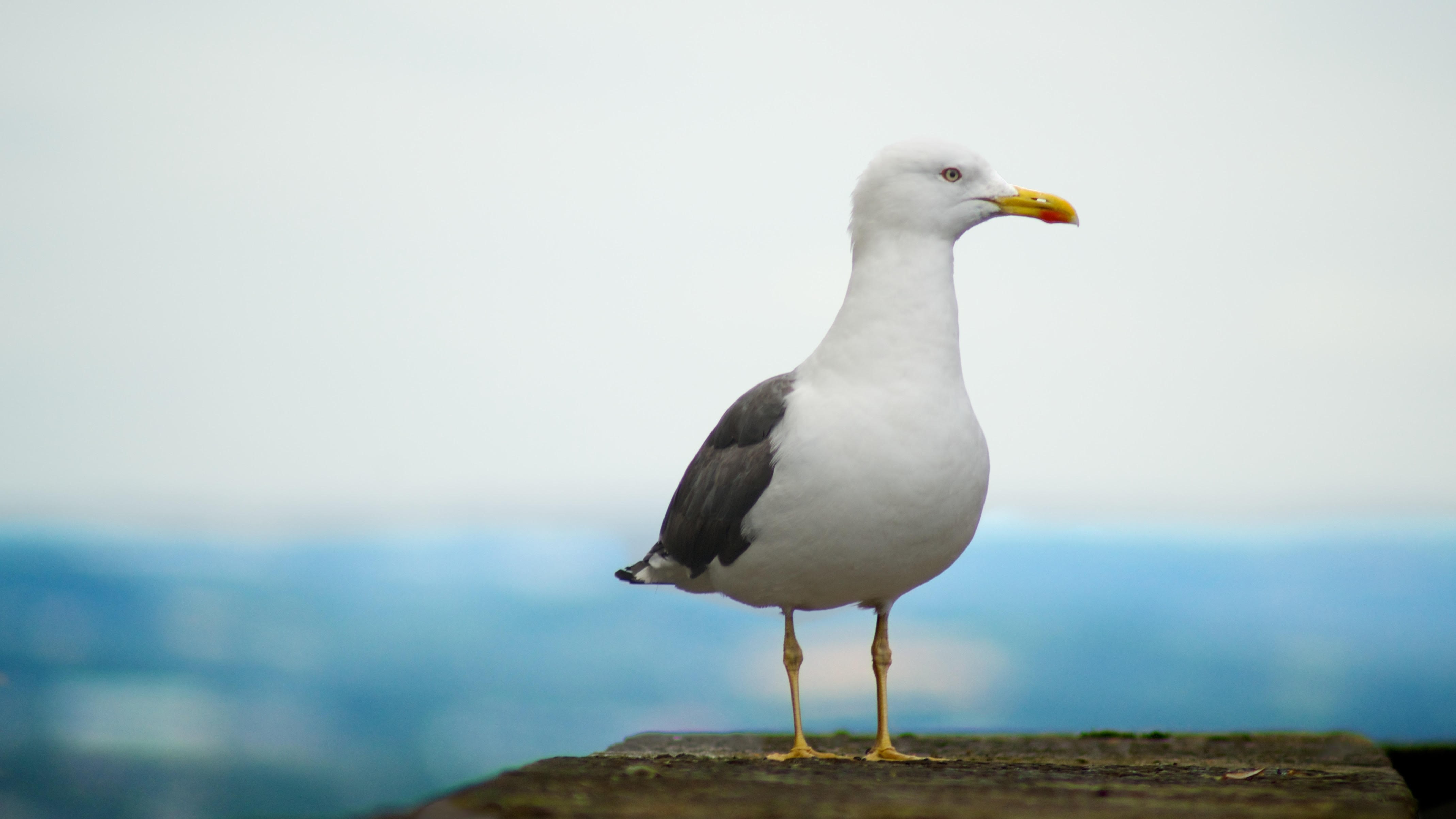
Local
Lake Minnetonka boaters sickened after July 4th holiday
Hennepin County Public Health and Minnesota Department of Health officials are investigating illnesses among Lake Minnetonka boaters who reportedly became sick following Fourth of July celebrations. Officials have responded to over 200 calls from individuals who reported vomiting and diarrhea after spending the holiday on the lake. At least half of these individuals spent time around Big Island and several sought treatment for dehydration.
A pathogen has not been identified, but officials are testing the lake water, running fecal tests and interviewing ill people. Because the symptoms may be consistent with foodborne or waterborne illnesses, the interviews aim to clarify which types of exposures or activities could be contributing to the potential outbreak.
There is no ongoing health threat or evidence of person-to-person transmission, but officials do recommend that individuals with vomiting or diarrhea avoid swimming. They also recommend avoiding swallowing lake water and using the appropriate toilet facilities during summer water activities.
CDC: 8 tips for a healthy summer
National
Multidrug-resistant Salmonella infection linked to dog treats
Last week, the Centers for Disease Control and Prevention (CDC) reported a multistate Salmonella I 4,[5],12:i:- outbreak linked to contact with pig ear dog treats or contact with dogs who ate those treats. CDC is working with the Food and Drug Administration and state public health officials to investigate whether there is a common dog treat supplier, but Pet Supplies Plus has already recalled bulk pig ears stored in open bins. There have been 45 reported cases in 13 states. Twelve people have been hospitalized and no deaths have been reported.
Thirty-four of 38 ill people reported contact with dogs prior to the onset of symptoms. In separate interviews, 17 of 24 people reported contact with pig ear treats or with dogs fed those treats. Whole-genome sequencing from two-thirds of the cases had resistance or decreased susceptibility to one or more antimicrobials. Dogs with Salmonella infections do not always appear sick, but may have diarrhea, lethargy, or vomiting. People may experience diarrhea, abdominal cramping, or vomiting within 12 to 72 hours after exposure.
CDC warns against feeding recalled pig ears to dogs and recommends washing surfaces or containers where the treats have been stored. CDC’s general health and safety tips involving pet food are listed below:
- Wash your hands after handling pet food or treats, including bulk items or sealed, packaged food.
- Store pet food and treats away from where human food is stored.
- Follow the storage instructions on pet food instructions.
- Avoid letting your pet lick your mouth or face after it eats.
CDC: Healthy Pets, Healthy People- Pet Food Safety
International
Australian gulls carry superbugs, study finds
Researchers from Murdoch University in Perth, Australia published a study which found that silver gulls may pose a threat to human and animal health. The study examined the feces of 562 silver gulls around the country’s coastline, where human contact is high, and found that over 20% carried drug-resistant E. coli or other resistant organisms. Most of these were resistant to commonly used antimicrobials like cephalosporin and fluoroquinolone, but single isolates were resistant to carbapenem or colistin. These latter two are critically-important antimicrobials for human medicine (CIA); they are often the last resort drugs for severe human infections where there are no alternative treatment options. This is the first study to find colistin-resistance in a wild animal in Australia.
Genome sequencing revealed that these CIA isolates belonged to human-associated pathogenic E. coli clones. Scientists suspect the gulls picked up the resistant organisms while scavenging in trash, where human sewage in diapers or adult incontinence pads could be accessible. They worry that the birds may act as “ecological sponges,” accumulating and spreading resistant organisms over large distances, inland to farm animals or more locally to humans who may inadvertently contact and ingest infected feces.
More research is needed to determine how problematic this finding truly is, as the risk of transmission from birds to humans has not been well-established. Regardless, this emphasizes the need for government agencies to consider other sources of antimicrobial resistance and develop collaborative plans for water and waste management.
Journal of Antimicrobial Chemotherapy
Questions, comments, feedback about today's Weekly Update? Please email Dr. Lauren Bernstein.
Receive the Weekly Update right in your inbox on Tuesdays and Thursdays. Subscribe now at z.umn.edu/WeeklyUpdateSubscribe
